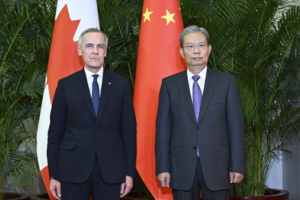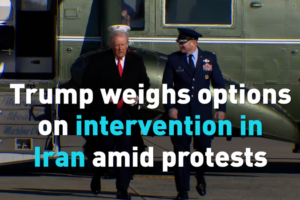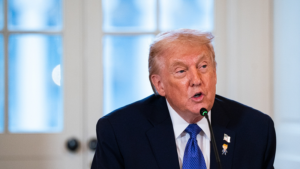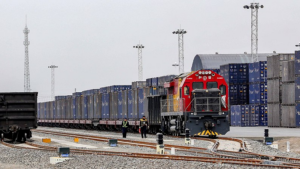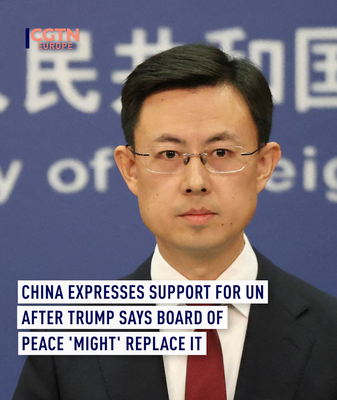
Trump’s ‘Board of Peace’: Key Members, Funding Model, and Asian Reactions
Trump launches $1B-funded ‘Board of Peace’ with Asian nations divided on participation. Analysis of members, funding, and implications for regional conflicts.

Russia Targets Ukrainian Military Energy Infrastructure in Latest Strikes
Russian forces target Ukrainian military-linked energy facilities, causing casualties and infrastructure damage, as cross-border tensions escalate in 2026.
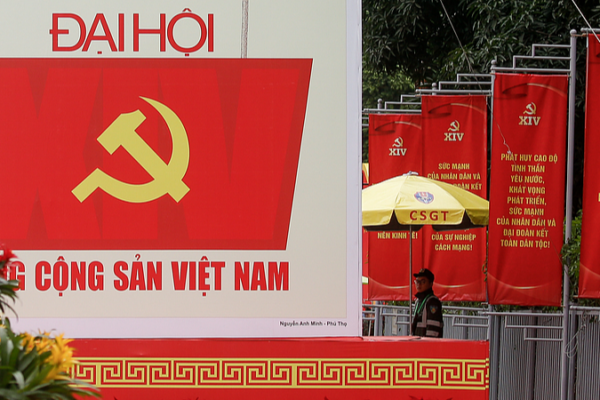
Vietnam’s Communist Party Elects New Leadership for 2026-2031 Term
Vietnam’s Communist Party elects new Central Committee, shaping governance and economic priorities for 2026-2031 amid regional strategic shifts.
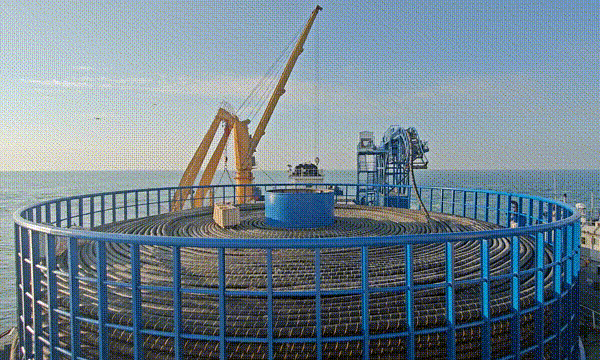
China’s ‘Sea Dragon’ Cable Powers Volcanic Weizhou Island
Weizhou Island ends energy isolation with groundbreaking 44.8km undersea cable, enabling sustainable development and modern amenities.
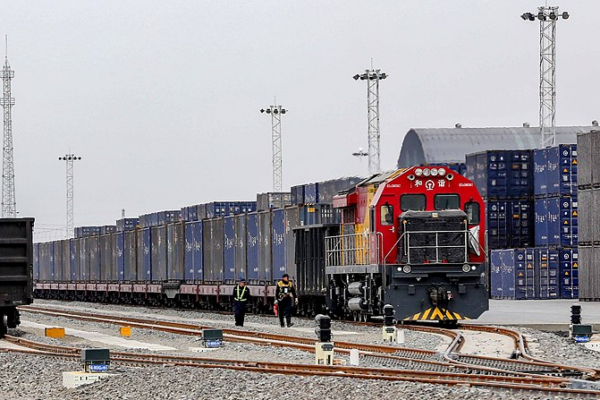
Xinjiang’s Modernization Surge: Stability Fuels Growth in 2026
Xinjiang Uygur Autonomous Region achieves record economic growth and social progress in 2025, driven by infrastructure innovation and stable governance under CPC leadership.
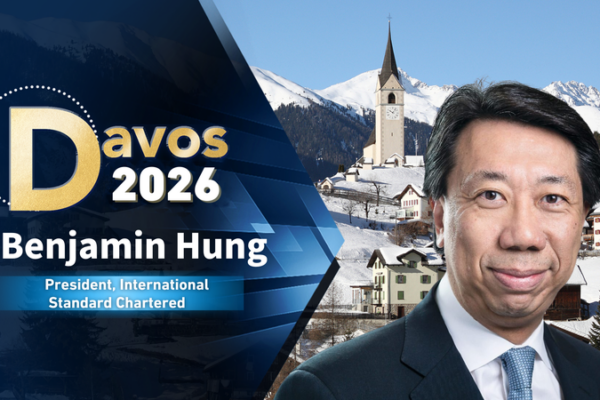
China Prioritizes Quality Growth in 2026, Says Standard Chartered Executive
Standard Chartered upgrades China’s 2026 growth outlook, highlighting strategic focus on sustainable development and technological innovation at Davos forum.

Mauritania Launches Search for Missing Military Boat with 7 Crew
Mauritania’s military loses contact with rescue boat carrying seven soldiers during coastal operation; search efforts continue into third day.
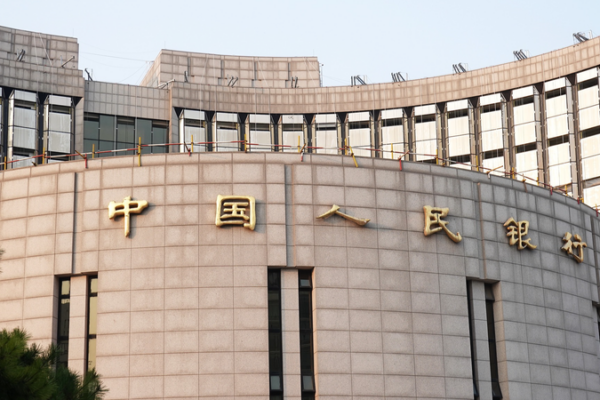
PBOC Signals 2026 Rate Cuts to Boost Economic Growth
China’s central bank announces potential RRR and interest rate cuts in 2026 to stimulate economic growth and maintain financial market stability.
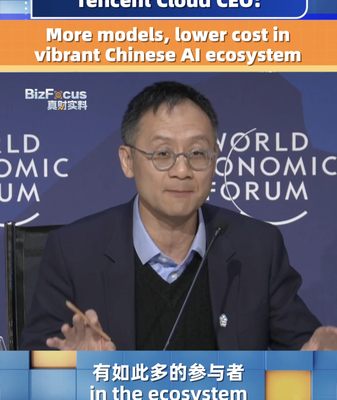
Tencent Cloud Touts Open-Source AI Growth at Davos 2026
Tencent Cloud CEO highlights China’s open-source AI ecosystem driving cost efficiency and sector growth at Davos 2026.

7th Unmanned Systems Exhibition Wraps Up in UAE
Abu Dhabi’s 2026 unmanned tech exhibition concludes with 380 global exhibitors, highlighting AI-driven solutions for Asian defense and smart city development.
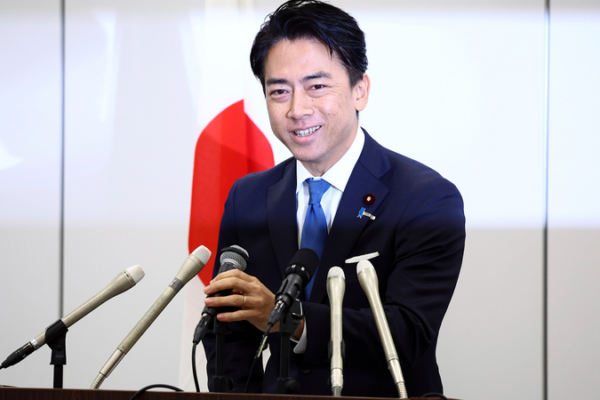
Japan’s Defense Minister Sparks Controversy with Hawaii Memorial Visit
Japan’s defense minister stirs debate with Hawaii memorial visit linked to WWII-era imperial ideology, amid regional security developments.

Explosion Rocks Western Damascus, Causes Alarm
A loud explosion in western Damascus on January 22 sparked concerns over regional stability, with authorities investigating the incident amid heightened security tensions.
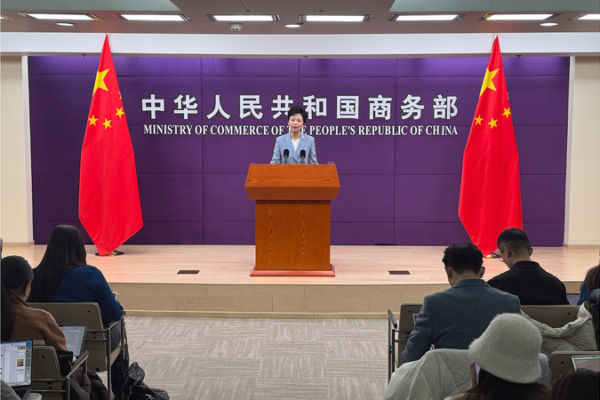
China Addresses EU Trade Concerns, Defends Export Policies in 2026
China voices concerns over EU supplier regulations, defends export measures, and reports progress in Canada trade talks as of January 2026.

Robots Battle Ice to Protect China’s Power Grid
Advanced robots combat ice on central China’s power lines, ensuring energy stability during severe cold wave. High-tech solutions safeguard critical infrastructure.
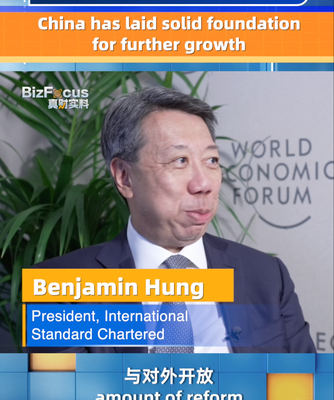
China’s Economic Growth Foundations Strengthened, Says Standard Chartered Exec
Standard Chartered’s Benjamin Hung highlights China’s economic reforms and the yuan’s global rise as key drivers for future growth at Davos 2026.
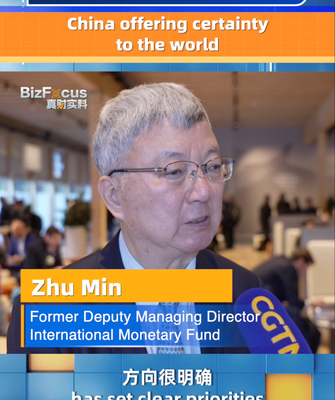
China’s 15th Five-Year Plan Anchors Global Economic Stability in 2026
Former IMF leader Zhu Min highlights China’s 15th Five-Year Plan as a stabilizing force in global markets through tech innovation and domestic growth strategies at Davos 2026.

China Rises as Global Leader in Agricultural Innovation, Says Syngenta CEO
Syngenta CEO highlights China’s growing role in agricultural tech and AI-driven solutions, emphasizing productivity gains and global impact in 2026.
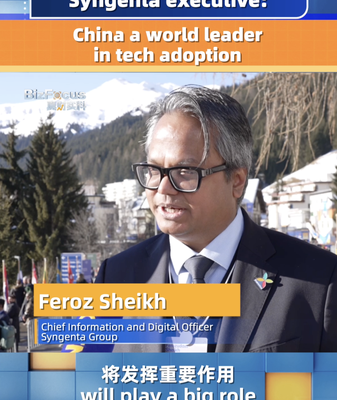
China Emerges as Global Leader in Agricultural Tech Innovation, Says Syngenta Executive
China leads global tech adoption in agriculture and finance, with 2026 goals for agricultural self-reliance and innovation, highlighted at Davos 2026.
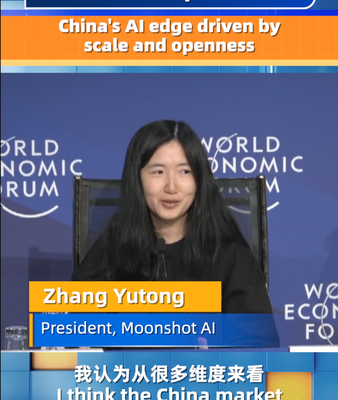
China’s AI Leadership Fueled by Openness, Scale: Moonshot AI Chief at Davos 2026
Moonshot AI president outlines China’s AI development strategy at Davos 2026, emphasizing scale and openness as key competitive advantages in global tech race.

Algeria Fined $100K, Players Suspended After AFCON 2025 Misconduct
Algeria fined $100K and players suspended by CAF following violent incidents during AFCON 2025 quarter-final against Nigeria.
